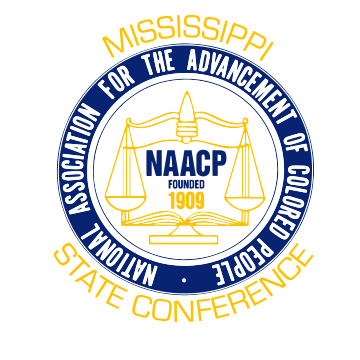South Carolina Shooting Must Be Labeled Domestic Terrorism
2015/07/08 –
On June 17 a gunman shot and killed nine black Christians in the historic Emanuel African Methodist Episcopal Church in Charleston, South Carolina. “Mother Emanuel” as the Emanuel African Methodist Episcopal Church (AME) has come to be affectionately known, was built by slaves and is the oldest AME congregation in the South. Given the stature of the church, along with the races of the victims and the perpetrator, very soon after the shooting, state, local, and federal officials and the media began to refer to the incident a hate crime. The assailant’s animus against black Americans is not in doubt and this incident most certainly can be classified as a hate crime. However, it is also most certainly an act of domestic terrorism.
According to 18 United States Code 2331, “domestic terrorism” means activities on U.S. soil that involve acts dangerous to human life that violate federal or state law and appear intended to intimidate or coerce a civilian population, influence the policy of a government by intimidation or coercion, or affect the conduct of a government by mass destruction, assassination, or kidnapping.
Applying the facts that we know of this incident, there should be little question that this was an act of domestic terrorism. Roof, dressed in a jacket with patches honoring the racist South African apartheid regime, drove two hours to carry out this deadly attack in a place that is at the spiritual and historic center of African American life. The attacker opened fire, killing nine people but allegedly left one person alive to be able to “tell the story.” Roof told police that he wanted to start a “race war.”
Additionally, on June 20, a racist manifesto allegedly written by Roof surfaced online. In this manifesto, Roof wrote that information from the Council of Conservative Citizens (CoCC) convinced him to plan this horrific terrorist attack. The CoCC is a well-known extremist group that has roots with the White Citizens Council, the same extremist organization that sought to intimidate those working to desegregate the South. In his manifesto, Roof also stated that black people were the “biggest problem for Americans.”
Taken together, these facts underscore that the June 17 attack on Emanuel AME was intended to intimidate not only the black community of Charleston, South Carolina, but also black communities throughout the United States. The Department of Justice announced soon after that it has commenced a domestic terrorism investigation into this incident.
If the attack on Emanuel AME church is determined to be domestic terrorism, as I believe is the case, what does that mean for how this nation looks at the threats to our homeland?
Violent extremism that leads to violent action can come in many forms. It is important that, as a nation, we do not fall victim to what the 9/11 Commission called a “failure of imagination.” We cannot turn a blind eye to right wing extremism or sovereign state groups and the threats they pose to the homeland. We need to listen to local law enforcement on these points. In a recent survey of over 380 law enforcement agencies from around the country, 74 percent ranked anti-government extremism, including right wing extremism, as one of the top terror threats in their jurisdiction.
Congress, too, needs to listen to law enforcement and broaden its view of the threats to the homeland. In the Committee on Homeland Security, half of the full committee hearings held this Congress have been on how social media and the Internet have been utilized by the Islamic State and other foreign terrorist groups to radicalize individuals and guide them towards violence. We must not have a narrow view of violent extremism and ignore violent extremist activity of domestic groups. Regrettably, the Emanuel AME attack brings this issue into stark focus and demands action. Congress, the president, and the Department of Homeland Security need to come together with State and local governments to honestly acknowledge that domestic terrorism, like the terrorist threats originating from overseas, is a threat to the safety and security of the American people.
As we assess and investigate the events in Charleston, I believe that failing to view the incident through the lens of domestic terrorism is not only doing a disservice to the victims of the Emanuel AME killings, but also puts every community throughout the U.S. at risk.
Thompson has represented Mississippi’s 2nd Congressional District since 1993. He is ranking member on the Homeland Security Committee.
Source: Congressman Bennie G. Thompson



